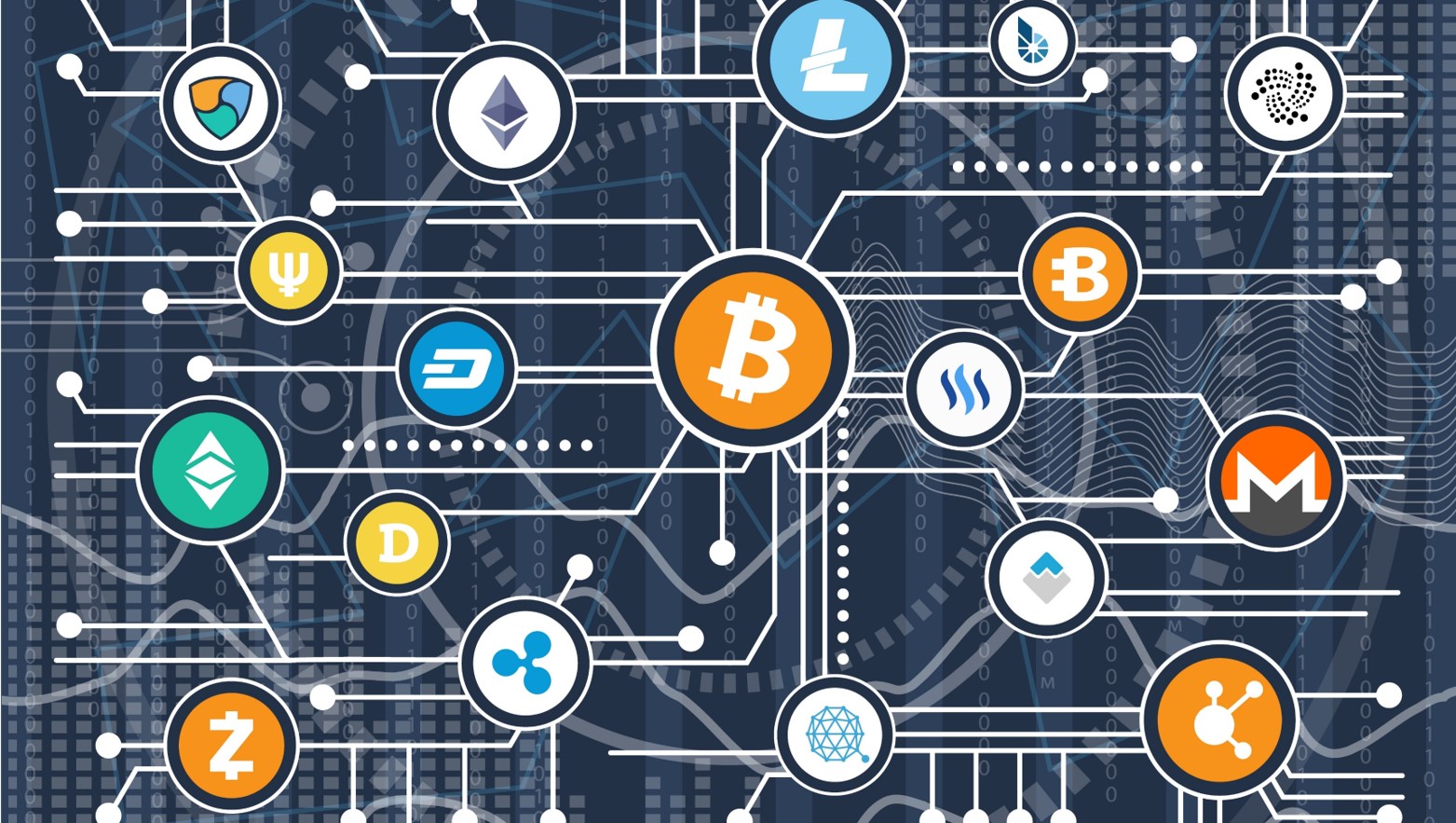In April 2021, HMRC released further guidance on the treatment of cryptoassets (such as Bitcoin) for tax purposes. Here's an overview of the key implications for individuals and companies.
7 May 2021
Cryptoassets such as Bitcoin have gained huge popularity in recent years and with businesses potentially holding these assets as part of their treasury function, or being involved in their exchange, understanding the tax treatment is important. The full HMRC guidance can be found here.
An overview
HMRC recognises that all cryptoassets will be based upon distributable ledger technology (DLT) but not all DLT applications will result in cryptoassets. HMRC currently recognises the following types of cryptoasset:
- Exchange tokens – these are intended as a means of payment/store of value such as Bitcoin
- Utility Tokens – these provide the holder with access to particular goods or services on a platform
- Security tokens – these provide the holder particular rights or interests in a business or asset
- Stablecoins – the premise of these is they are pegged to something with a stable value such as gold or a fiat currency.
Detailed guidance has been released around exchange tokens, but we await further detailed guidance on other classes of token.
An important point is that HMRC does not treat cryptoassets as currency or money. It also doesn't consider the owning or trading of cryptoassets to be gambling. If it did then fewer taxes would apply, which is why they have clarified this point in the guidance.
Implications for individuals
Holding and trading
In the vast majority of cases, individuals holding cryptoassets as a personal investment will be liable to pay capital gains tax when they dispose of their assets. This disposal includes switching to another class of asset (for example Bitcoin to Litecoin would be considered a disposal).
Keeping detailed records of transactions is therefore very important, as individuals will need to calculate realised gains and losses when cryptoassets are disposed of. Be mindful that some exchanges don’t hold data for very long, so can’t always be relied upon to have historical records.
Transactions should be converted to pound sterling to calculate the realised gain for tax purposes using an appropriate exchange rate.
In rare circumstances where an individual is trading with such frequency and sophistication that HMRC would consider them to be carrying out an investment trading activity, then income tax would apply rather than capital gains tax.
Mining
Where an individual receives cryptoasset rewards for mining activities these will generally be chargeable to income tax.
Other taxes
Cryptoassets are considered property for the purposes of inheritance tax, and this is likely to become more of an issue in the coming years with large holdings being passed to beneficiaries.
Implications for companies
Holding and trading
As with individuals, companies which buy and sell exchange tokens are generally likely to not be considered to be carrying on a trade, therefore gains or losses will be subject to chargeable gains for corporation tax purposes. If the business is carrying out trading at a high frequency, and with intention of trading, then gains and losses may be chargeable as trading profits for corporation tax purposes.
Paying and receiving tokens
If a company accepts exchange tokens in return for goods and services, it will be liable to pay tax on these sales in the same way as fiat currency sales. An appropriate exchange rate will be required upon receipt of exchange tokens.
If companies choose to pay their employees in exchange tokens, these will generally fall under the category of ‘readily convertible assets’ and income tax and national insurance for the employee will apply as usual.
In the event that the token used is not a readily convertible asset, income tax will apply to the employee but Class 1 National Insurance deductions will not be needed. For National Insurance purposes the employer should treat the payment as a benefit in kind and report Class 1A National Insurance contributions to HMRC.
Stamp Duty
The transfer of exchange tokens on their own does not fall within the scope of stamp duty in the same way that a transfer of shares would, for example. The transfer of security tokens however may invoke stamp duty reserve tax so advice should be sought in that situation.
VAT
VAT is due in the normal way for goods or services sold in return for cryptoasset exchange tokens. The value of the supply of goods or services is the pound sterling value at the point the transaction took place.
Exchange tokens received for mining activities will generally be outside the scope of VAT.
HMRC have confirmed that financial services supplied by exchanges, are exempt for the purposes of VAT. This means that exchanges do not have to charge VAT on either direct fees charged to customers or on the spread of the transactions undertaken.
EIS and other tax schemes
Many early stage companies involved in DLT have applied to HMRC requesting to be accepted for schemes such as the Enterprise Investment Scheme. HMRC have said that in general, using DLT does preclude a business from qualifying. A company accepting payment for its services in Bitcoin for example will be treated the same as one which receives fiat currency.
Schemes such as EIS are however not available to businesses carrying out certain activities, such as financial services, and HMRC have said it is less clear whether activities such as operating a Bitcoin exchange fall within scope.
HMRC operates an advanced assurance service which allows businesses operating in these grey areas to ask HMRC for an opinion on whether they qualify for tax advantageous schemes such as EIS.
Can we help?
Shipleys has been working in the DLT and cryptoasset space for a number of years and we would be happy help you understand the implications of this area for your business.
For help and guidance, please do get in touch with your usual Shipleys’ contact or one of our specialists shown on this page.
Specific advice should be obtained before taking action, or refraining from taking action, in relation to this summary. If you would like advice or further information, please speak to your usual Shipleys contact.
Copyright © Shipleys LLP 2021














